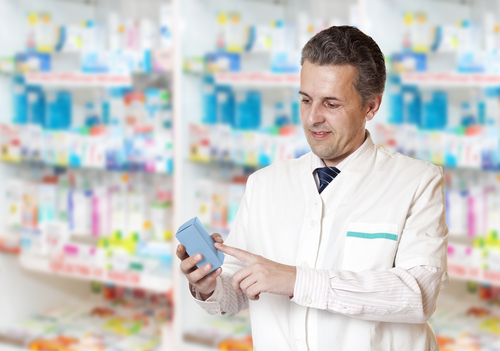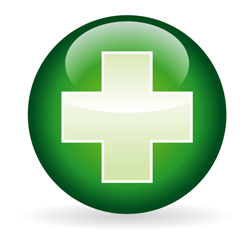 Your Pharmacy
Your Pharmacy
Do you need to see a doctor?
You can get advice and treatment if you think it is:
Acne Athlete’s foot Back pain Chicken pox Cold sores Colic Conjunctivitis Constipation Dermatitis Diarrhoea Dry Eye Eye infections Hay fever | Head lice Indigestion Ingrowing toenail Mouth Ulcers Nappy rash Piles Sore throat Scabies Teething Vaginal thrush Verruca Worms |
Your pharmacist can advise on what you might find useful to keep in your medicine cabinet. Always follow the instructions on the medicine label and consult your doctor if the illness continues or becomes more severe.
Your Local Pharmacist
 Pharmacists offer professional free health advice at any time - you don't need an appointment. From coughs and colds to aches and pains, they can give you expert help on everyday illnesses. They can answer questions about prescribed and over-the-counter medicines. Your local Pharmacist can also advise on healthy eating.
Pharmacists offer professional free health advice at any time - you don't need an appointment. From coughs and colds to aches and pains, they can give you expert help on everyday illnesses. They can answer questions about prescribed and over-the-counter medicines. Your local Pharmacist can also advise on healthy eating.
Pharmacists can also advise on health eating, obesity and giving up smoking. Some pharmacists have private areas where you can talk in confidence. They may suggest you visit your GP for more serious symptoms. It is possible to purchase many medicines from the chemist without a prescription. Watch this short video on how you can get the most out of your local pharmacy
Emergency Dental Services
If you are registered with a dentist you should consult with them for any dental problems. If you are in dental pain, you should contact the Dental Helpline on 029 20 444 500, 24 hours a day,

You will receive advice on pain relief and will be, if appropriate, booked into the most appropriate emergency location for your problem, which may be a Primary Care Dentist, Community Dentist or the University Dental Hospital.
Accident & Emergency (A&E)
Major A&E departments assess and treat patients who have serious injuries or illnesses. Generally, you should visit A&E or call 999 for emergencies, such as:
- loss of consciousness,
- pain that is not relieved by simple analgesia,
- acute confused state,
- persistent, severe chest pain, or
- breathing difficulties.
If you're injured or seriously ill, you should go, or be taken, to A&E. If an ambulance is needed you can call 999, the emergency phone number in the UK. You can also dial 112, which is the equivalent for the European Union.
Major A&E departments offer access 365 days a year and usually open 24 hours a day. Be aware that not all hospitals have an A&E department.